The Lisu people, an ethnic group inhabiting the mountainous regions of Southeast Asia, have a rich cultural heritage that includes a unique practice known as the "Cult of the Ancestors." This cultural aspect holds deep significance within the Lisu community, shaping their beliefs, values, and way of life.
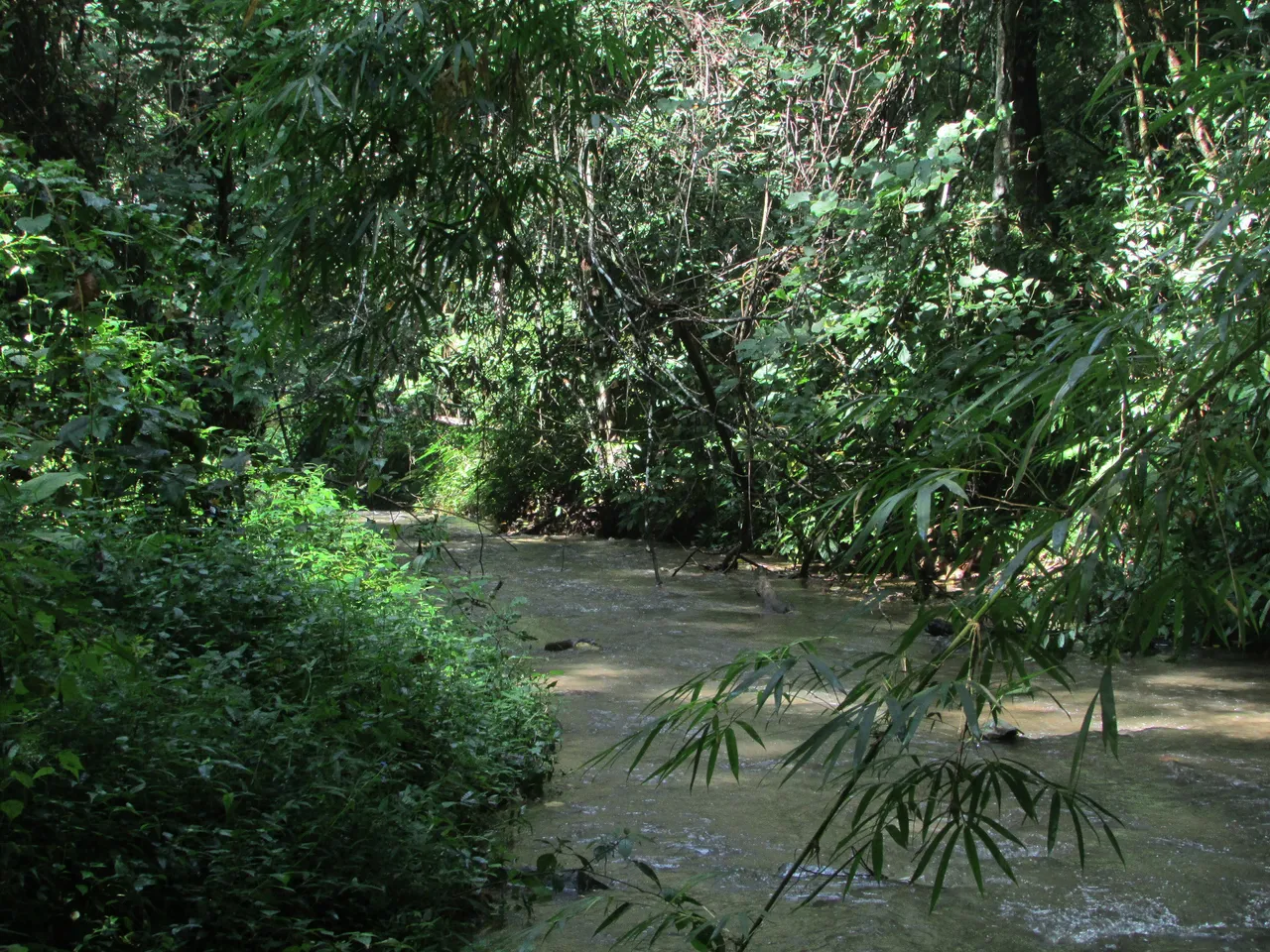
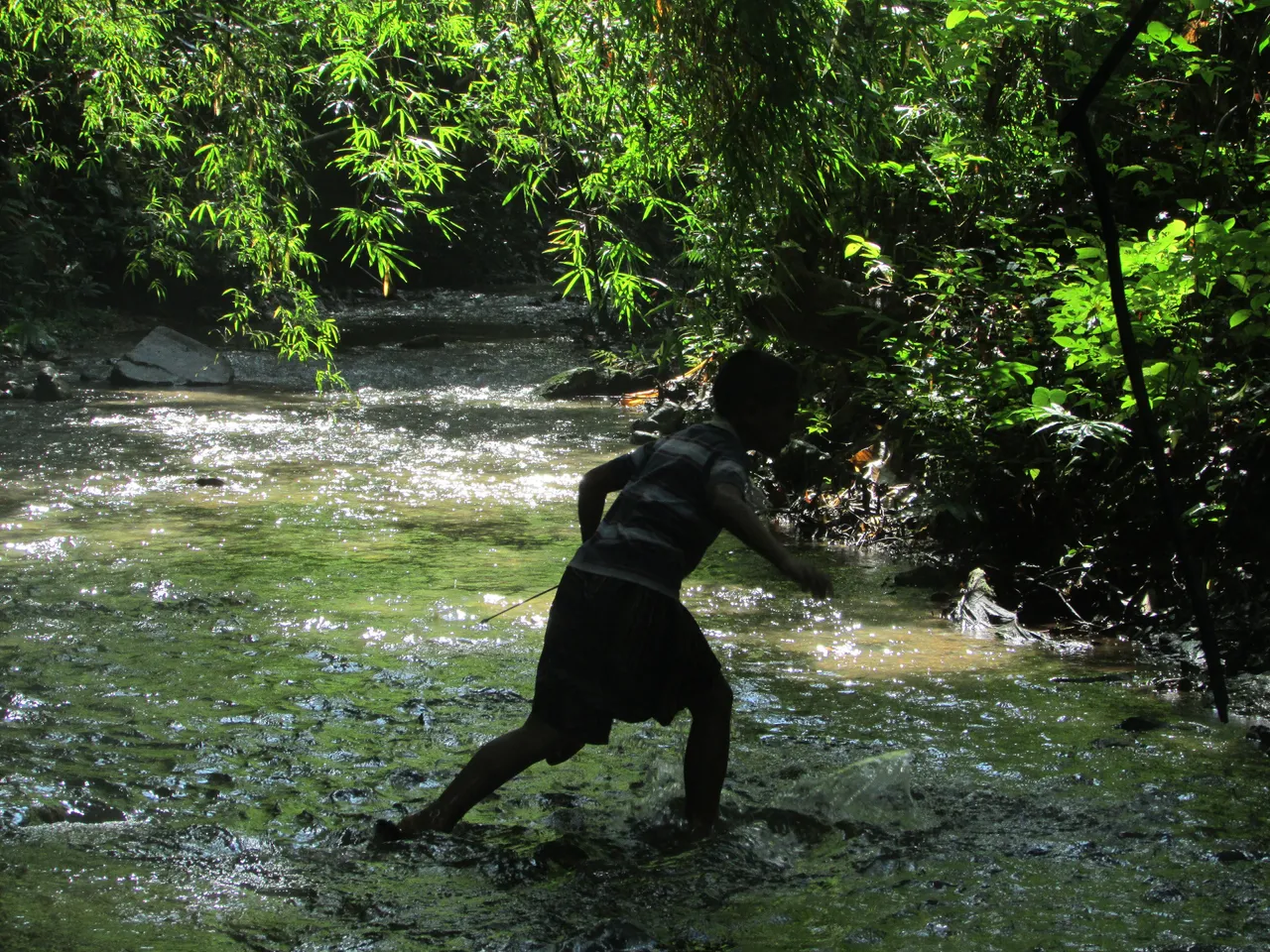
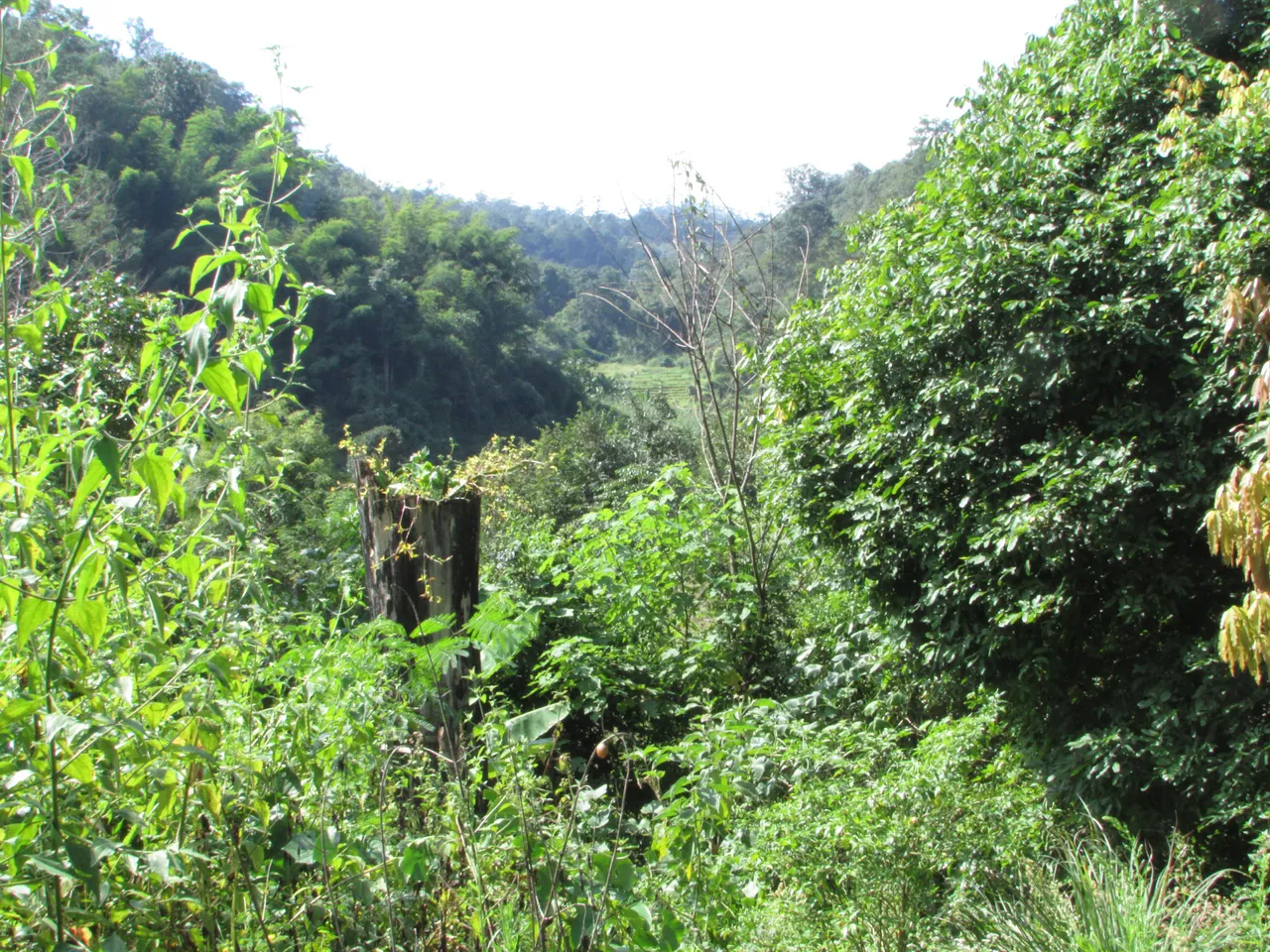
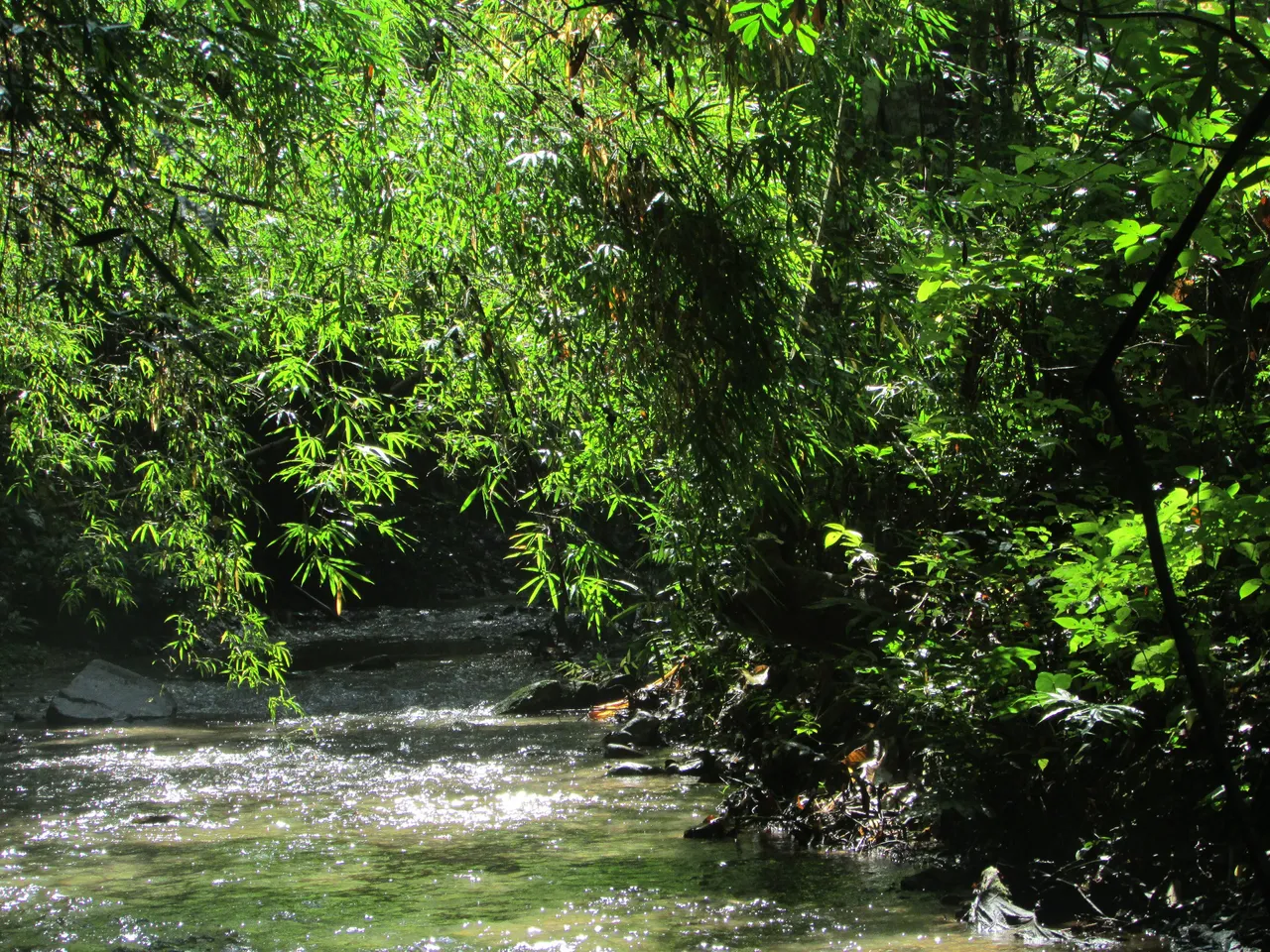
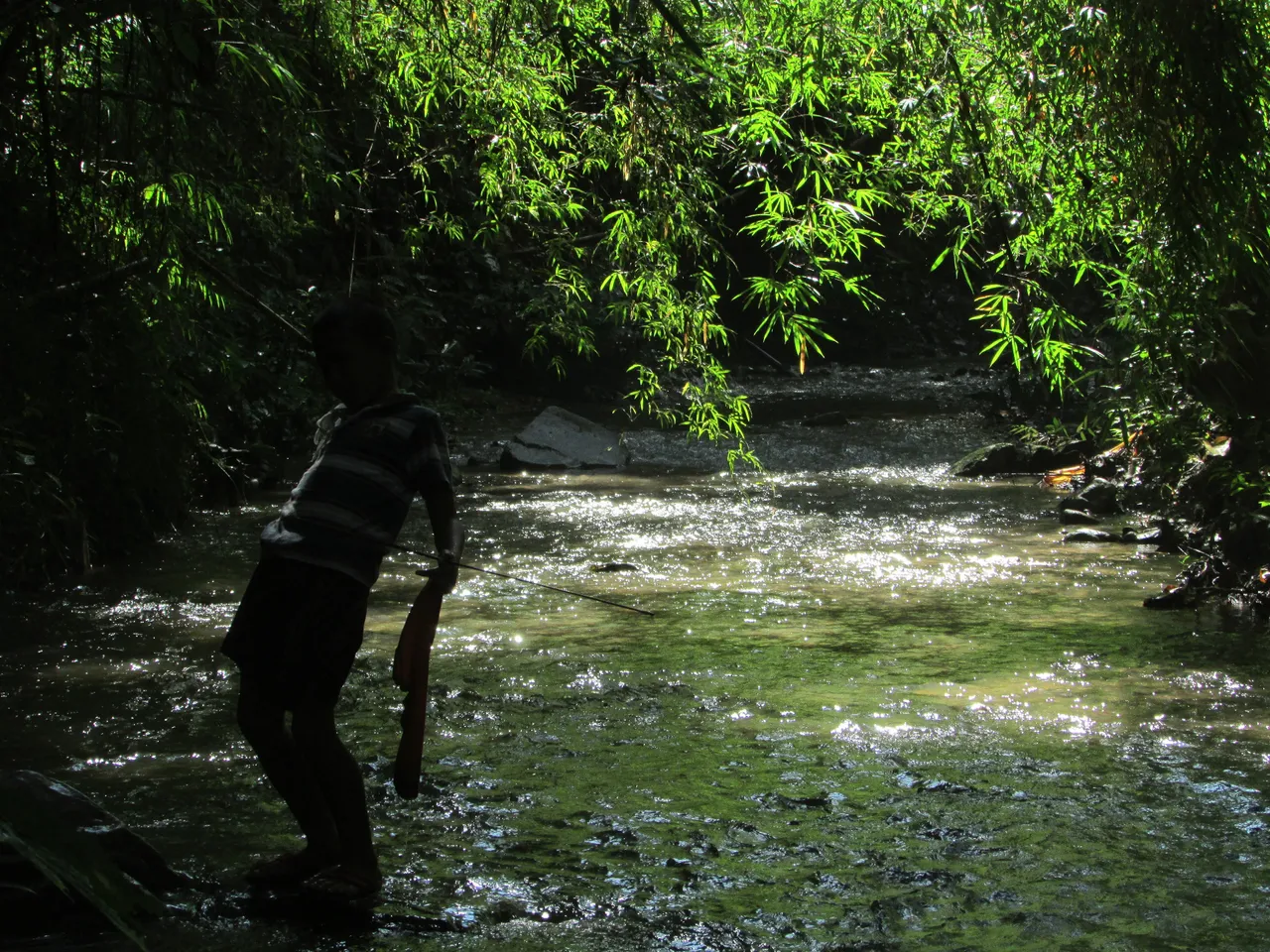
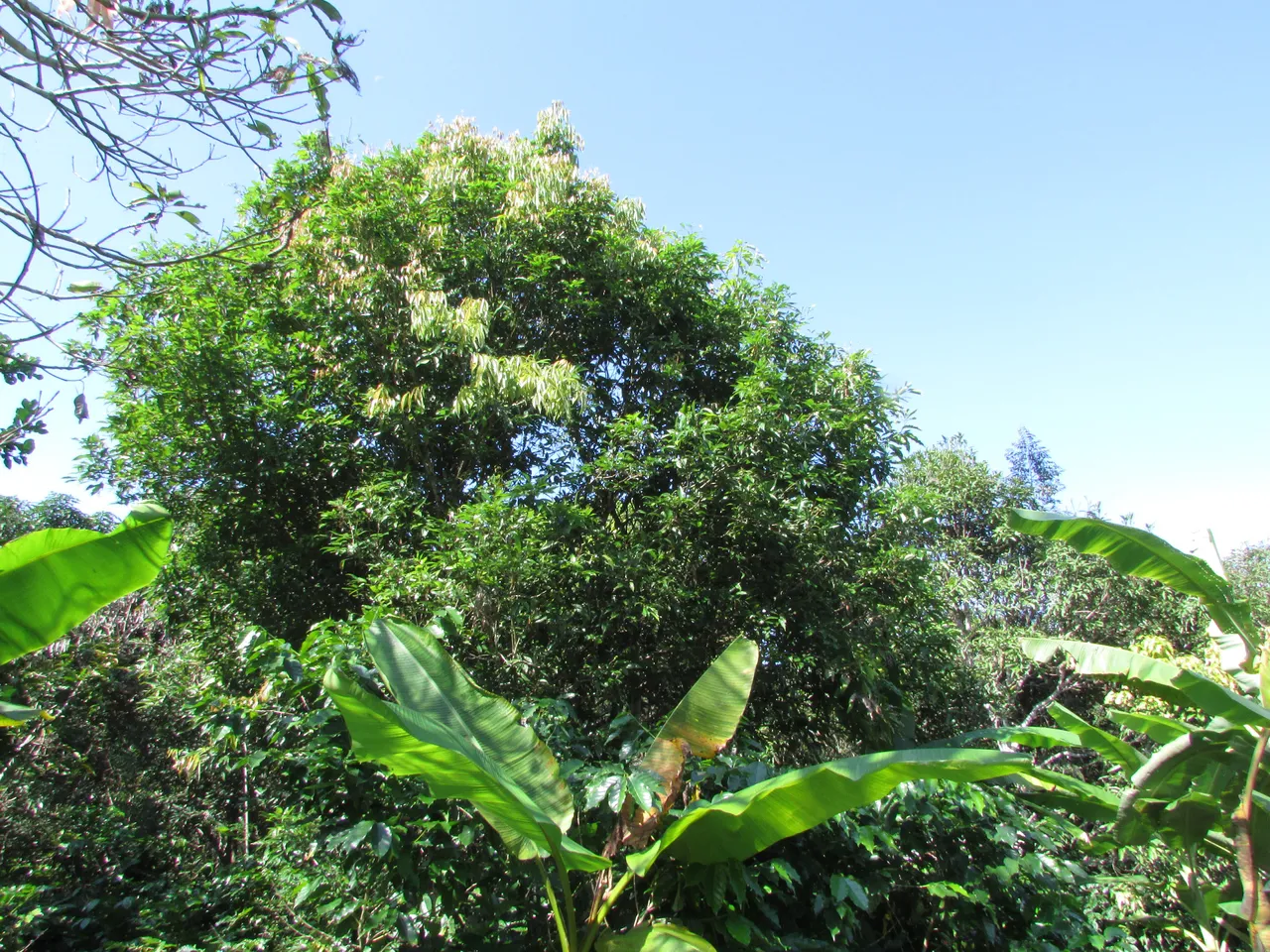
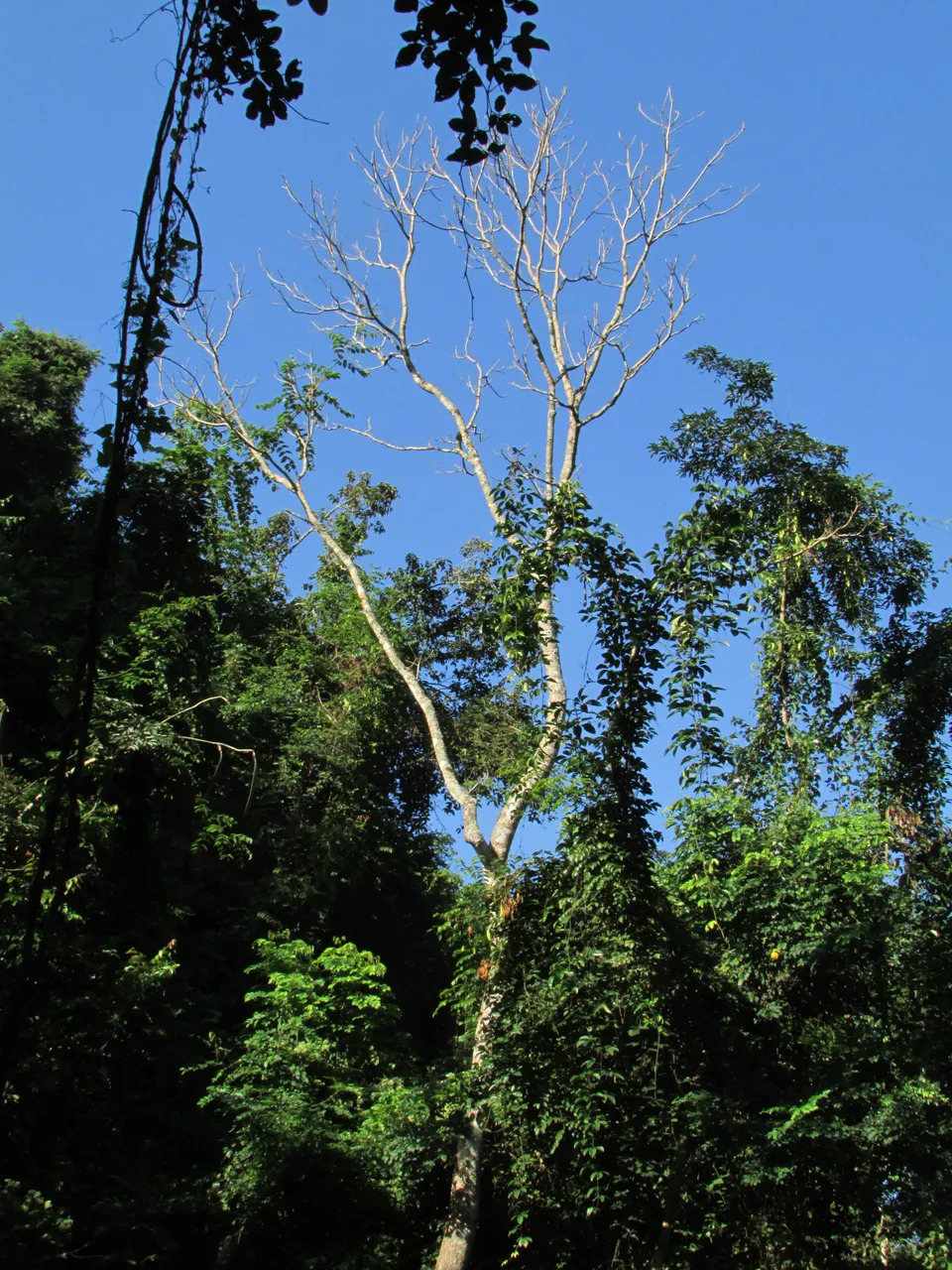















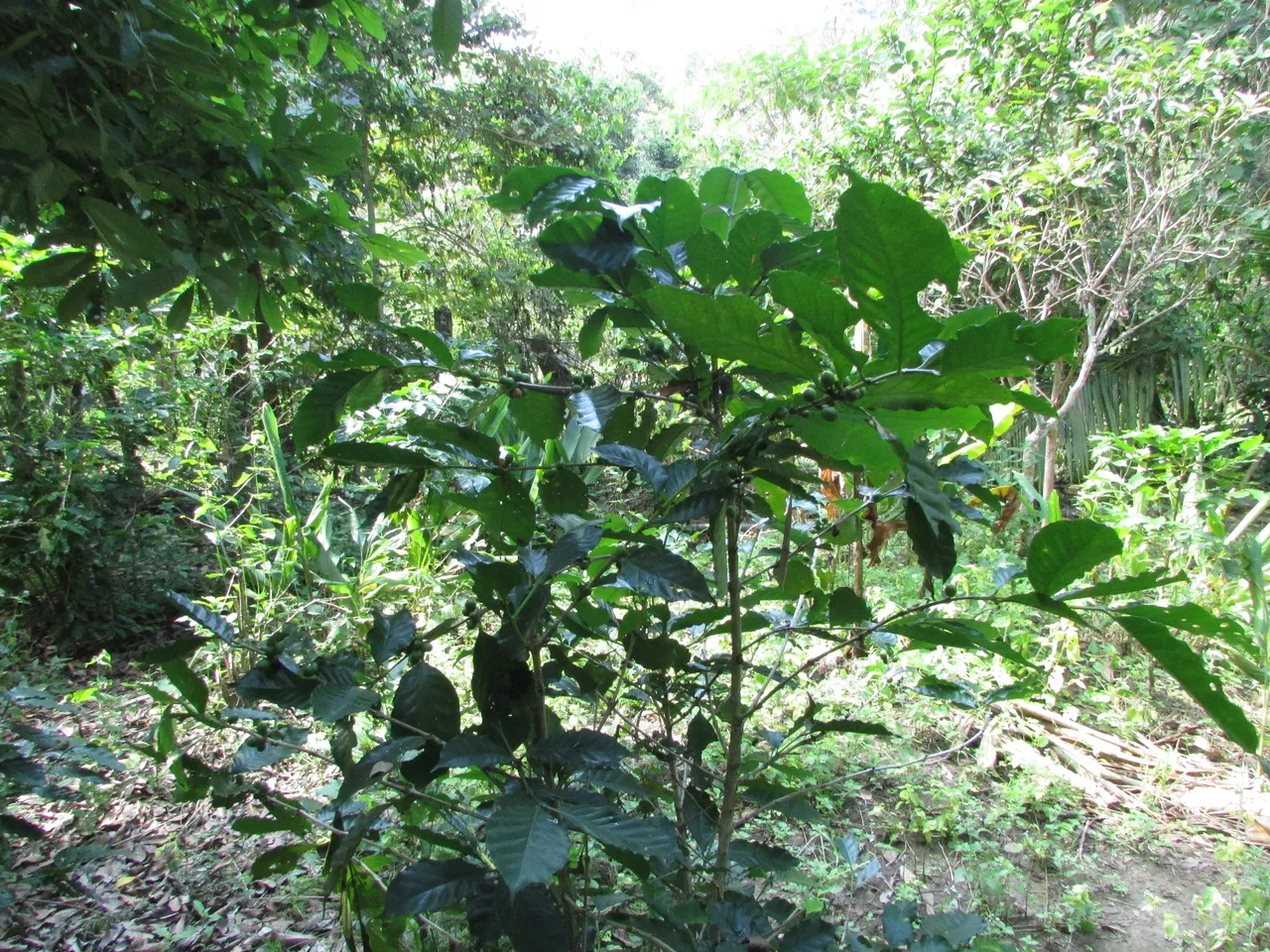
The Cult of the Ancestors centers around the veneration and reverence of their forebears. The Lisu people believe that their ancestors continue to play a vital role in their lives even after death, acting as intermediaries between the human world and the spiritual realm. This belief forms the foundation of their rituals and practices associated with the cult.
Key elements of the Lisu Cult of the Ancestors:
- Ancestral Altars: In Lisu households, you'll often find a designated area or altar dedicated to honoring their ancestors. These altars are adorned with photographs, offerings, and symbolic items that connect the living with the departed.
- Ancestral Offerings: Regularly, and especially during significant events or ceremonies, the Lisu people make offerings to their ancestors. These offerings can include food, beverages, incense, and other items that are believed to please and sustain the spirits of their ancestors.
- Rituals and Ceremonies: The Lisu people hold various rituals and ceremonies to communicate with their ancestors, seek guidance, and ask for blessings. These rituals often involve prayers, chanting, dancing, and other forms of expression that connect the living with the spiritual realm.
- Festivals and Celebrations: The Lisu community celebrates specific festivals and occasions dedicated to their ancestors. These events serve as a time for community members to come together, strengthen their bonds, and reaffirm their connection with their heritage and ancestral spirits.
- Oral Tradition: The stories and legends of ancestors are passed down through generations via oral tradition. Elders play a crucial role in sharing these stories, ensuring that the knowledge and wisdom of the past are preserved and transmitted to the younger generations.
- Spiritual Protection: The Cult of the Ancestors also serves a protective role in the Lisu culture. It is believed that by maintaining a strong connection with their ancestors, the Lisu people can receive guidance and protection from potential harm or negative forces.
- Balancing the Physical and Spiritual: The Cult of the Ancestors emphasizes the interconnectedness between the physical world and the spiritual realm. It encourages a balanced approach to life, where respect for ancestors and the natural environment coexist harmoniously.
- Continuity and Identity: The Cult of the Ancestors plays a vital role in maintaining the Lisu people's cultural identity. It serves as a reminder of their roots, history, and shared values, fostering a sense of belonging and unity within the community.
Overall, the Lisu Cult of the Ancestors is a multifaceted cultural practice that underscores the deep reverence the Lisu people hold for their ancestors. It shapes their daily lives, provides a sense of continuity, and reinforces their strong connection to the spiritual realm and the world around them.